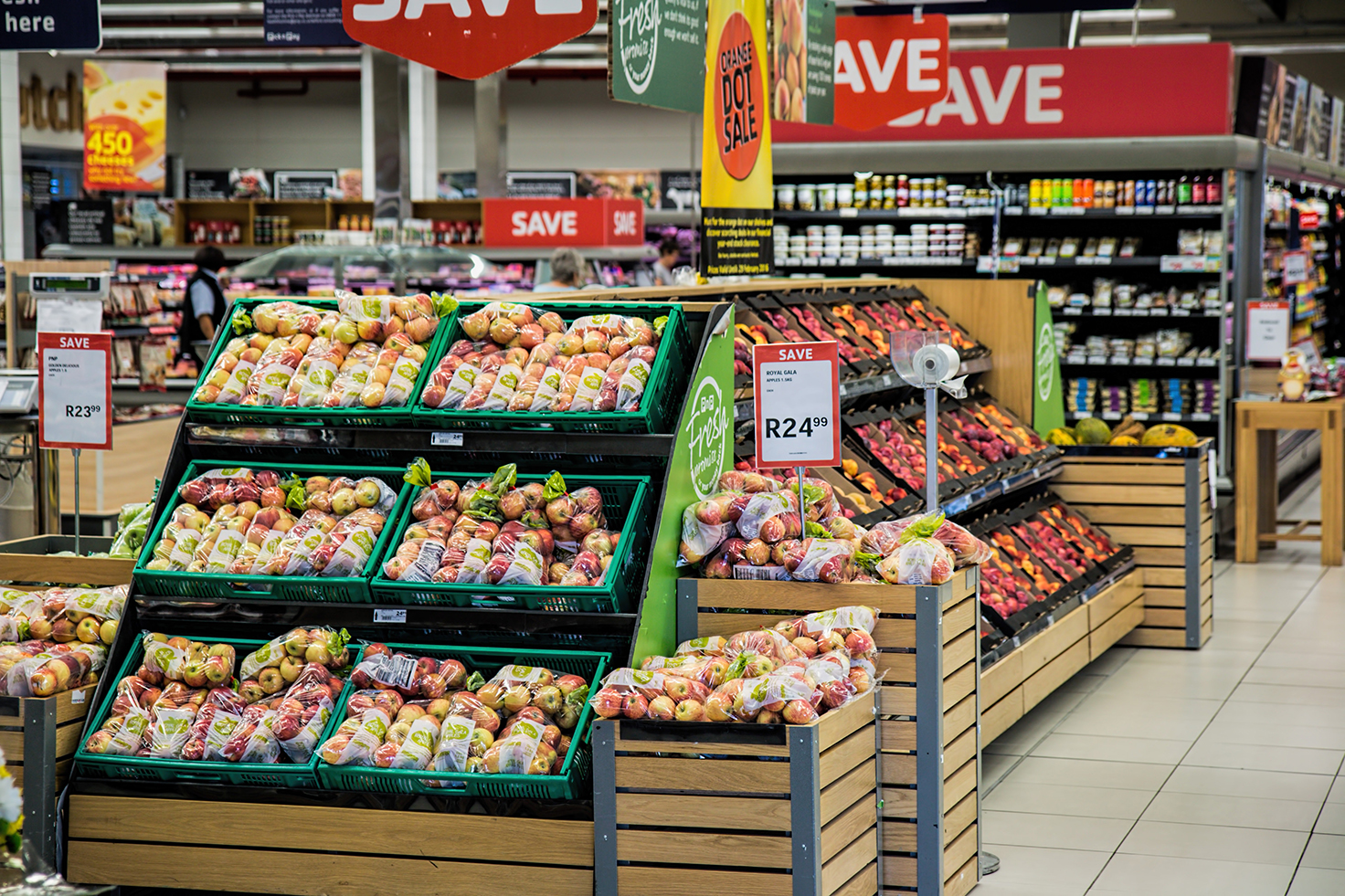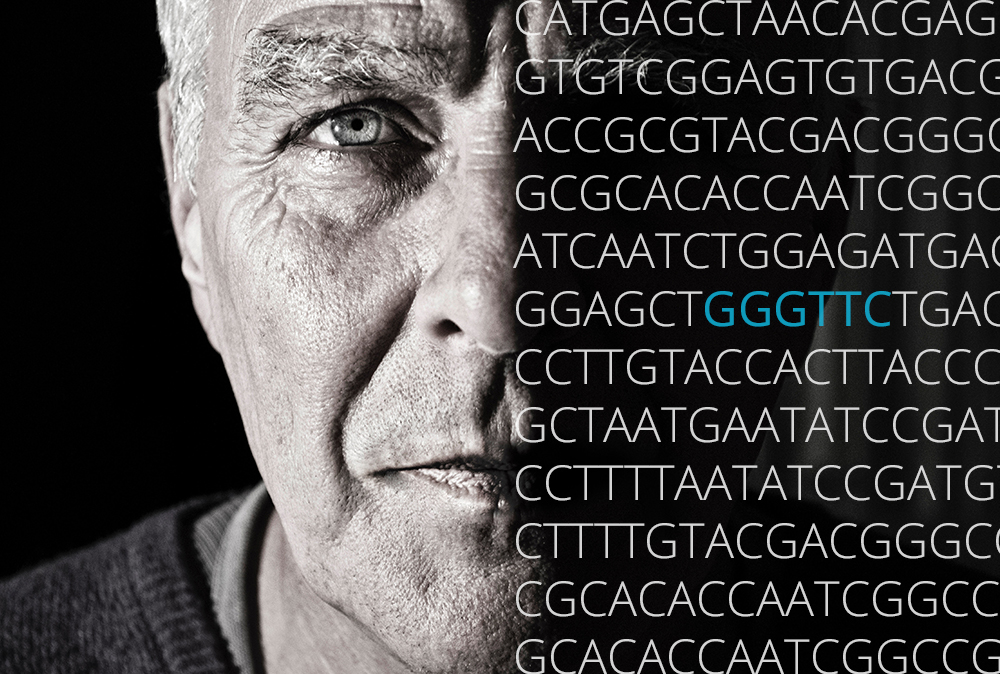Written by Myles Spar
Posted on: August 22, 2018
Share This

It would be nice if you could trust that everything available at the grocery store is safe. Unfortunately, many of the foods people eat on a regular basis are potentially carcinogenic. Here are some common foods that may cause cancer and how to avoid them at the grocery store.
Red Meat and Processed Meat
As I explain here, there’s a lot of evidence showing an association between these types of meat and increased cancer risk. In 2015, an advisory committee made up of 22 scientists from 10 countries met at the World Health Organization’s International Agency for Research on Cancer (IARC) to “evaluate carcinogenicity of the consumption of red meat and processed meat.” According to a Q&A released after this meeting, red meat refers to muscle meat like beef, pork, lamb, and goat, while processed meats include hot dogs, ham, sausage, and jerky. The committee classified red meat as Group 2A, probably carcinogenic to humans, based on limited evidence from epidemiological studies showing positive associations between eating red meat and developing colorectal cancer. They also based this classification on strong mechanistic evidence. Processed meat was classified as Group 1, carcinogenic to humans, because sufficient evidence from epidemiological studies shows eating processed meat directly causes colorectal cancer.
Farmed Salmon
The Environmental Working Group (EWG) reports farmed salmon have an average of 16 times more polychlorinated biphenyls (PCBs) than wild salmon. Shown to cause cancer in animals and established as potentially carcinogenic for humans, these chemicals were banned in 1979. But the Environmental Protection Agency (EPA) says PCBs may still be present in materials produced before the ban and, since they don’t really break down, they can cycle between air, water, and soil in the environment for a long time. Independent laboratory tests commissioned by the EWG in 2003 found seven of ten farmed salmon purchased at grocery stores in San Francisco, Portland, and Washington, D.C. were contaminated with problematic PCB levels. The levels in six of the fish were so high the EPA wouldn’t consider them safe to eat more than once a month by their standards for wild-caught fish. You can reduce your exposure to PCBs by using methods like grilling and baking to allow the excess fat that holds most of the PCBs to cook off.
Mass-Produced Bread, Pizza Crust, and Crackers
A food additive called potassium bromate that’s used to make dough more elastic has been identified as a possible carcinogen by many health organizations and is banned in the EU, UK, Canada, and Brazil. In a 2015 analysis, the EWG found potassium bromate listed as an ingredient in at least 86 baked goods and other supermarket products. As Nneka Leiba, EWG’s deputy director of research, told the Los Angeles Times, “In light of the evidence showing its potential harm to human health, it’s alarming that companies continue to use potassium bromate in their breads and other baked goods.” California has placed potassium bromate on its Proposition 65 list, meaning an item containing it must carry a cancer warning on its label.
Now that you know that these foods have been shown to cause cancer, how can you avoid them at the grocery store? To cut down on red meat consumption, consider switching to a whole food, plant-based diet. As I write about here, this way of eating may reduce your risk of heart disease as well as cancer. Although contamination is a possibility with any fatty fish, purchasing wild salmon instead of farmed will reduce your exposure to carcinogens. As for potassium bromate, you can avoid this potentially dangerous additive by eliminating mass-produced and processed foods from your diet. At the grocery store, this means shopping primarily in the outer aisles, particularly the produce section. Better yet, skip the store and head to your local farmer’s market to buy fresh food straight from the farmer—check out this National Farmer’s Market Directory to find one near you.
Still not sure which foods you should be avoiding? Do you have other questions about the best way to eat for your body? Contact Tack180 for a free consultation. We can assess your dietary needs and develop a personalized nutrition plan to help you reach your peak and achieve your goals.

About Myles Spar, MD
Myles Spar, MD, MPH is board-certified in Internal Medicine and in Integrative Medicine. As a clinician, teacher and researcher on faculty of two major medical centers, he has led the charge for a more proactive, holistic and personalized approach to care that focuses on cutting edge technology and preventative care. Dr. Spar has traveled with the NBA, presented a TEDx Talk, appeared on Dr. Oz, and been featured in publications such as the Men’s Journal and the Los Angeles Times.









